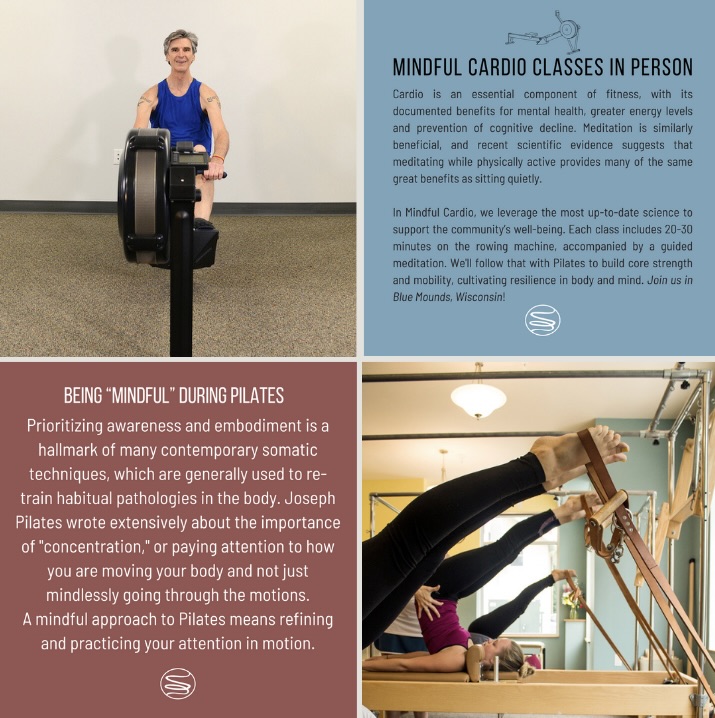The Face and How We Feel
In my last blog posting, I briefly discussed the complexity of mammalian faces. Through microscopic changes in facial muscles, we both communicate our feelings to others, and feel the feelings of others. Our communication and perception of feeling and emotion is an embodied experience, by and large mediated by the muscles of our faces.
In the Polyvagal Theory of Dr. Stephen Porges, it's suggested that the state of our nervous system is directly connected to the same facial muscles that communicate and perceive. In Dr. Porges' theory, when our bodies are in growth and recovery mode, inhibition of facial musculature is reduced - in rest and recovery (parasympathetic activation), mammals are particularly tuned to engage with others. Conversely, when mammals are in fight, flight or freeze (FFF) mode, the facial muscles are inhibited - in FFF (sympathetic activation), the inhibition of facial musculature impairs social connection, and mammals devolve into everyone for themselves behaviors.
I'm fascinated by the proposed brainstem/face connection. The state of our nervous system (the continuum of growth and recovery to FFF) influences our capacity to meaningfully connect? I find it even more interesting that the mechanism of this connection (or disconnection) is embodied, and largely via the musculature of our faces.
Researchers have dedicated years to exploring this theory, and the theory remains just that - a theory. There are some applications of the Polyvagal Theory that make some highfalutin claims, though many of these claims have yet to be rigorously substantiated.
I'm bringing some of these ideas to my personal laboratory (the Movement Lab of my yoga mat and Pilates equipment), and am intrigued by what I feel and experience. I will continue studying the fascinating work of Dr. Porges, and look forward to sharing more of what I learn in future blog postings.
 |
| I'm working on letting down my guard around brassicas. |
I'm fascinated by the proposed brainstem/face connection. The state of our nervous system (the continuum of growth and recovery to FFF) influences our capacity to meaningfully connect? I find it even more interesting that the mechanism of this connection (or disconnection) is embodied, and largely via the musculature of our faces.
Researchers have dedicated years to exploring this theory, and the theory remains just that - a theory. There are some applications of the Polyvagal Theory that make some highfalutin claims, though many of these claims have yet to be rigorously substantiated.
I'm bringing some of these ideas to my personal laboratory (the Movement Lab of my yoga mat and Pilates equipment), and am intrigued by what I feel and experience. I will continue studying the fascinating work of Dr. Porges, and look forward to sharing more of what I learn in future blog postings.



Comments
Yoga teacher training in Rishikesh
Benefits Of Yoga